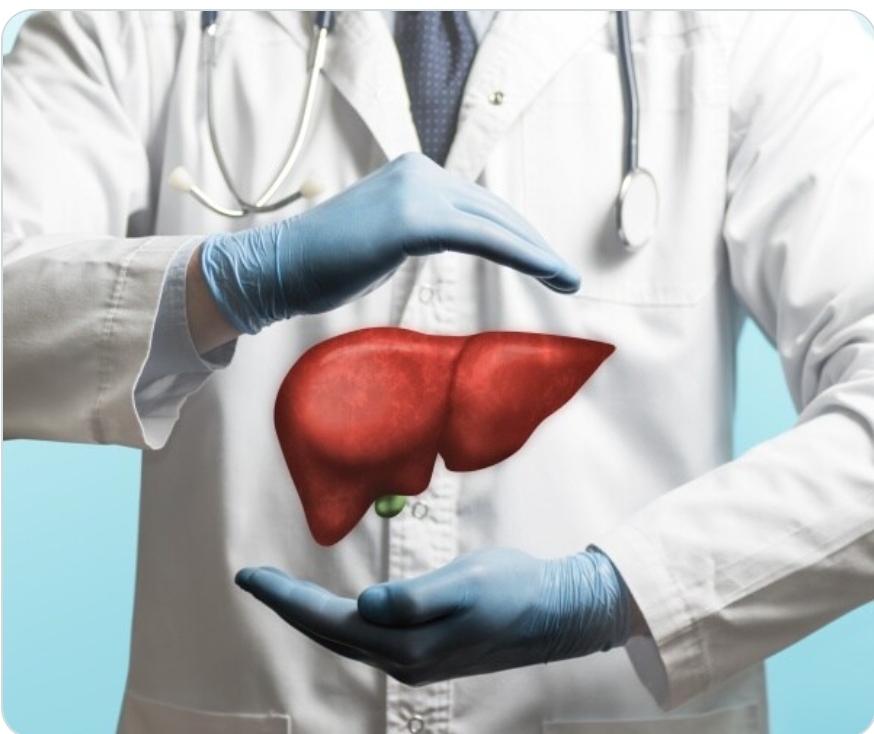Surgeons at the University of Pennsylvania have successfully attached a pig liver to a brain-dead human body, demonstrating its ability to filter blood. This breakthrough could pave the way for using this technique in patients with liver failure. The experiment involved externally connecting a pig liver to the human body, and the liver performed its blood-filtering function effectively. Although this is still at an experimental stage, it represents a significant step towards potential treatments for liver failure in the future. Further research and testing will be necessary before this technique can be explored in human patients.
Surgeons externally attached a pig liver to a brain-dead human body and watched it successfully filter blood, a step toward eventually trying the technique in patients with liver failure.The University of Pennsylvania… https://t.co/7uUT9txU8P #BreakingNews #Breaking #News pic.twitter.com/z2tKWsTD5L
— Brett Murphy (@bmurphypointman) January 18, 2024
Groundbreaking Medical Achievement: Pig Liver Successfully Filters Blood in Brain-Dead Human Body
Medical science has achieved another remarkable breakthrough as surgeons at the University of Pennsylvania recently attached a pig liver externally to a brain-dead human body. This groundbreaking experiment has paved the way for potential liver failure treatments in patients. The successful filtration of blood by the pig liver brings hope to those suffering from this life-threatening condition.
A Step Towards Saving Lives
Liver failure is a severe medical condition that significantly risks patients’ lives. Traditional treatments like liver transplants are often limited due to the scarcity of suitable organs and the high risk of organ rejection. However, this recent experiment offers a glimmer of hope.
The University of Pennsylvania’s surgical team meticulously performed the groundbreaking procedure, attaching a pig liver externally to a brain-dead human body. This method assessed the liver’s ability to effectively filter blood, a crucial function for treating liver failure.
The Promise of Success
During the experiment, the pig liver successfully performed its vital function of filtering blood, highlighting the potential of this technique in future medical treatments. This exciting development brings new possibilities for patients suffering from liver failure, offering them renewed hope for a healthier future.
While it is important to note that this experiment was conducted on a brain-dead individual, it represents a significant step forward in medical science. The success of the pig liver in filtering blood is an encouraging indication for the potential future use of this technique in patients with liver failure.
Enhancing Treatment Options
Liver failure affects thousands of individuals worldwide and is a leading cause of death. The scarcity of available organs for transplantation has led researchers and medical professionals to explore innovative solutions. This recent achievement brings us closer to finding a viable alternative for patients needing a functioning liver.
While the experiment’s success is undoubtedly a cause for celebration, further research and clinical trials are necessary before this technique can be considered a standard treatment option. However, the results of this groundbreaking procedure offer a glimmer of hope for patients suffering from liver failure, as well as a potential revolution in the field of organ transplantation.
The medical world eagerly awaits further developments in this exciting area of research as scientists and surgeons continue to push the boundaries of what is possible in organ transplantation.
.




